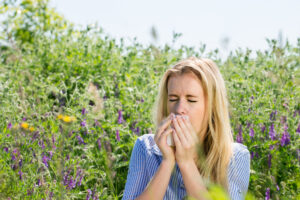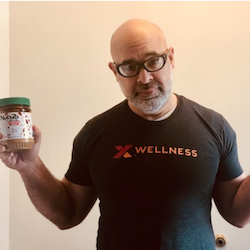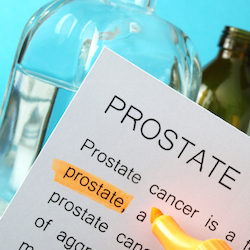Men’s Health
Polyphenols in Pycnogenol Improve Erectile Function and Lipid Profile
New research shows promising results for those dealing with erectile function and diabetes. According to the Centers for Disease Control & Prevention, erectile dysfunction (ED) affects up to 30 million men in the U.S.[1], and approximately 1 in 4 new cases of ED occur in men under the age ofRead
Alcohol Consumption Prior to Conception Raises Congenital Heart Disease Risk
Aspiring parents should both avoid alcohol consumption prior to conception to protect against congenital heart defects for both their baby and parents, according to research published today in the European Journal of Preventive Cardiology, a journal of the European Society of Cardiology (ESC). Alcohol consumption three months before pregnancy orRead
Pine-Bark Extract for Benign-prostate Hypertrophy in Men & Dysmenorrhea for Women
New science continues to show that pine-bark extract is a valuable dietary supplement for men and women’s health. A new study shows that pine-bark extract (brand Pycnogenol®) is beneficial for men with benign-prostate hypertrophy. We also include an earlier study showing that the pine-bark extract can reduce symptoms from dysmenorrheaRead
Dr. Geo Espinosa: Vitamin D for Longevity and Reducing Lower Urinary Tract Symptoms
This recent study, published in the British Journal of Urology, shows low vitamin D levels are associated with lower urinary tract symptoms (LUTS) in men, especially during the winter. The following is an excerpt of a blog on the subject by contributor, Geo Espinosa, ND. STUDY DETAILS 457 patients participated in aRead
Dr Geo Espinosa on the Recent Change in Prostate Cancer Screening Guidelines
On May 8, 2018, the United States Preventive Services Task Force (USPSTF) issued new recommendations for prostate screening, published in Journal of the American Medical Association (JAMA), for prostate screening, stating “Clinicians should not conduct prostate cancer screening in men aged 55-69 years who do not ask for it (level C recommendation).”Read
Low Testosterone Levels Pose Disease Risk for Men of All Ages
It is well known that male testosterone levels decline with age, which can lead to sarcopenia, osteopenia and an increase in chronic disease risk, such as obesity, Type-2 diabetes and cardiovascular disease. But, what is the ideal level among men of various age groups? A new study, published in ScientificRead
Is There a Connection to a High Fat Diet and Prostate Cancer? Not Likely, says NYU Naturopathic Urologist
In January 2018, the New York Times published an article titled: High-fat Diet May Fuel Spread of Prostate Cancer, citing an animal study that looked at the relationship of fats with this male disease. Is there an association between a high fat diet and prostate cancer? The question is notRead
Serum Selenium and Prostate Cancer Risk Reduction
It’s been twenty-one years since the first study reported a possible link between elevated serum selenium and prostate cancer risk reduction. In the years since, research has continued to explore this mineral’s role in cancer risk reduction. A literature review in the journal Medicine released this week continues the steadyRead
New Dog Breed is Oncologist’s New Best Friend
By Kimberly Lord Stewart A new breed of dog, which is loyal and highly trainable with a keen sense of smell, may be the next tool for early cancer detection. The Russian airline Aeroflot and an R&D group have patented the Sulimov dog breed for airport security purposes but realizeRead
Pesticides from Food Negatively Impacts Male Fertility
Men with fertility problems and issues related to spermatogenesis may need to look at their exposure to pesticides through diet. In the first study of its type, the relationship between eating fruit and vegetables containing pesticide residues and the quality of men’s semen was linked to lower sperm counts andRead













